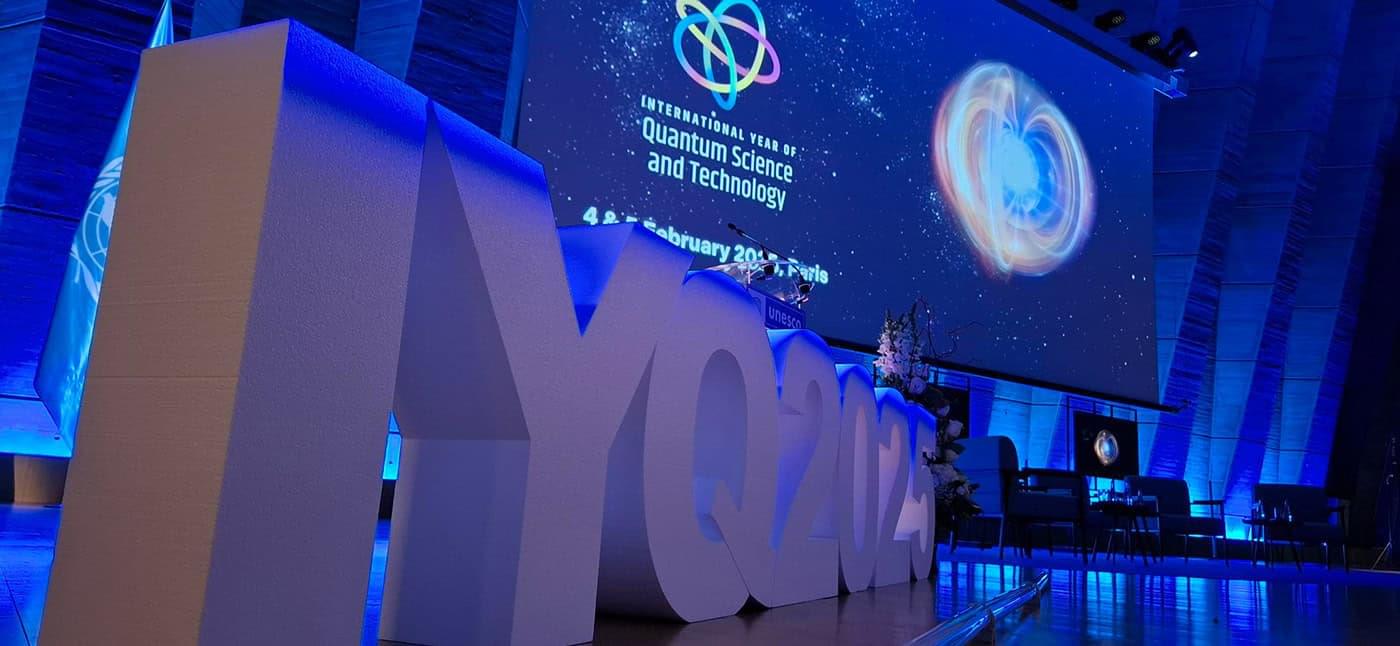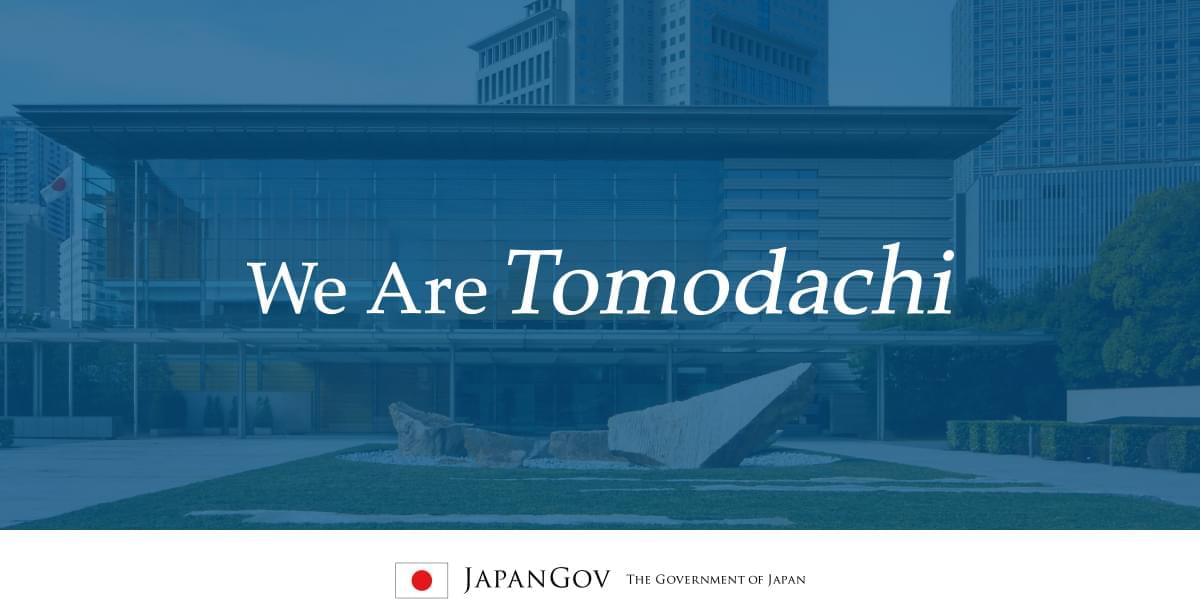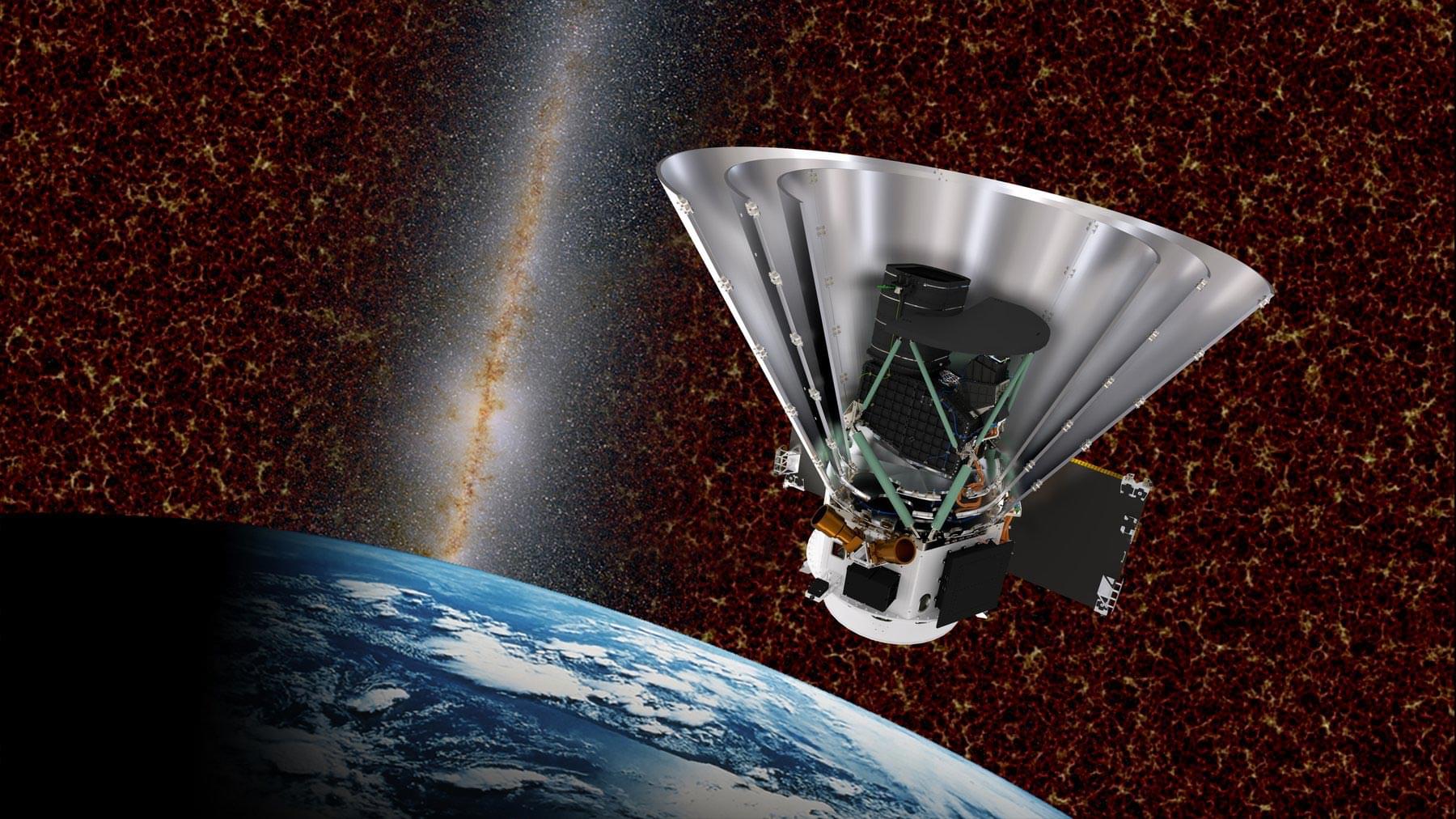More than 800 researchers, policy makers and government officials from around the world gathered in Paris this week to attend the official launch of the International Year of Quantum Science and Technology (IYQ). Held at the headquarters of the United Nations Educational, Scientific and Cultural Organisation (UNESCO), the two-day event included contributions from four Nobel prize-winning physicists – Alain Aspect, Serge Haroche, Anne l’Huillier and William Phillips.
Opening remarks came from Cephas Adjej Mensah, a research director in the Ghanaian government, which last year submitted the draft resolution to the United Nations for 2025 to be proclaimed as the IYQ. “Let us commit to making quantum science accessible to all,” Mensah declared, reminding delegates that the IYQ is intended to be a global initiative, spreading the benefits of quantum equitably around the world. “We can unleash the power of quantum science and technology to make an equitable and prosperous future for all.”
The keynote address was given by l’Huillier, a quantum physicist at Lund University in Sweden, who shared the 2023 Nobel Prize for Physics with Pierre Agostini and Ferenc Krausz for their work on attosecond pulses. “Quantum mechanics has been extremely successful,” she said, explaining how it was invented 100 years ago by Werner Heisenberg on the island of Helgoland. “It has led to new science and new technology – and it’s just the beginning.”




